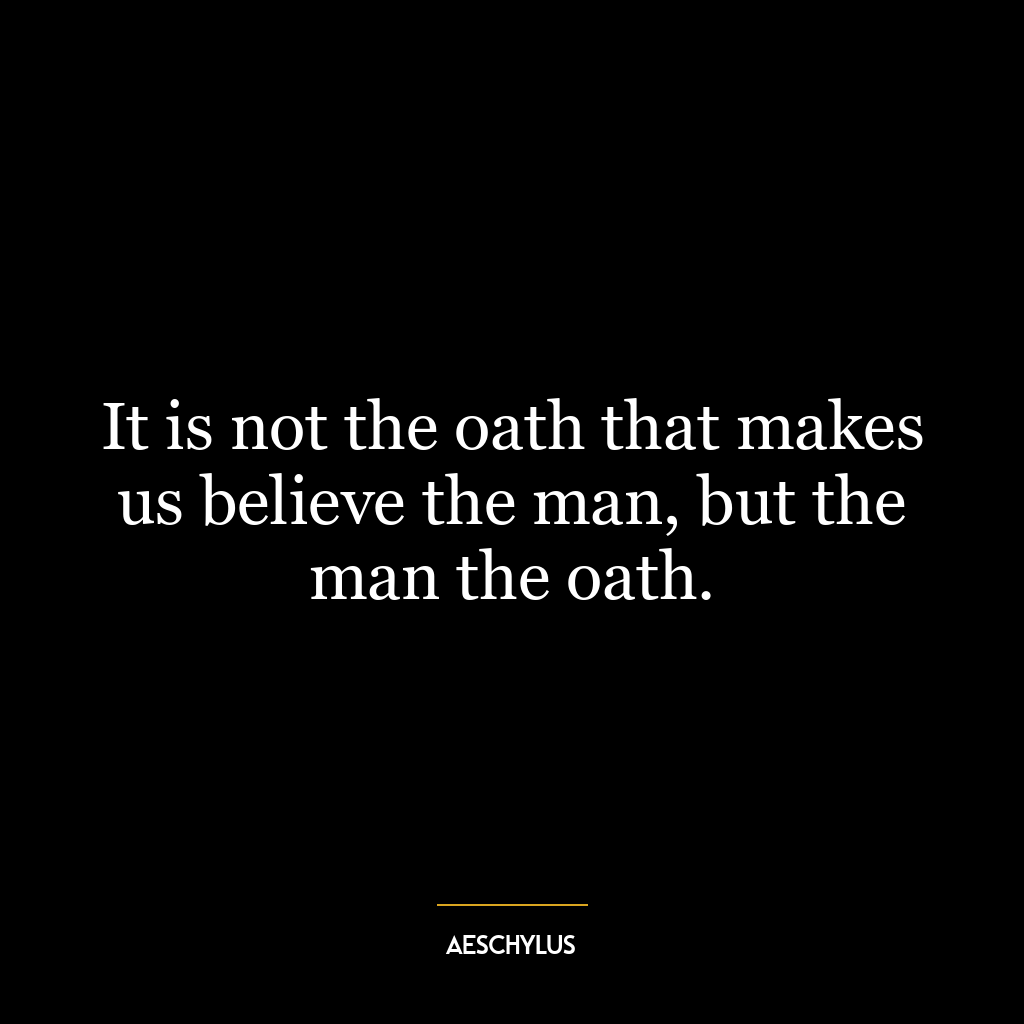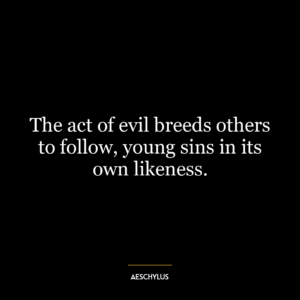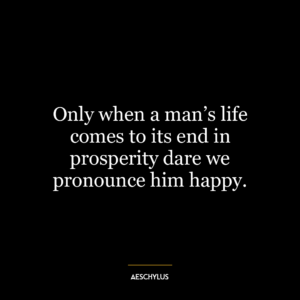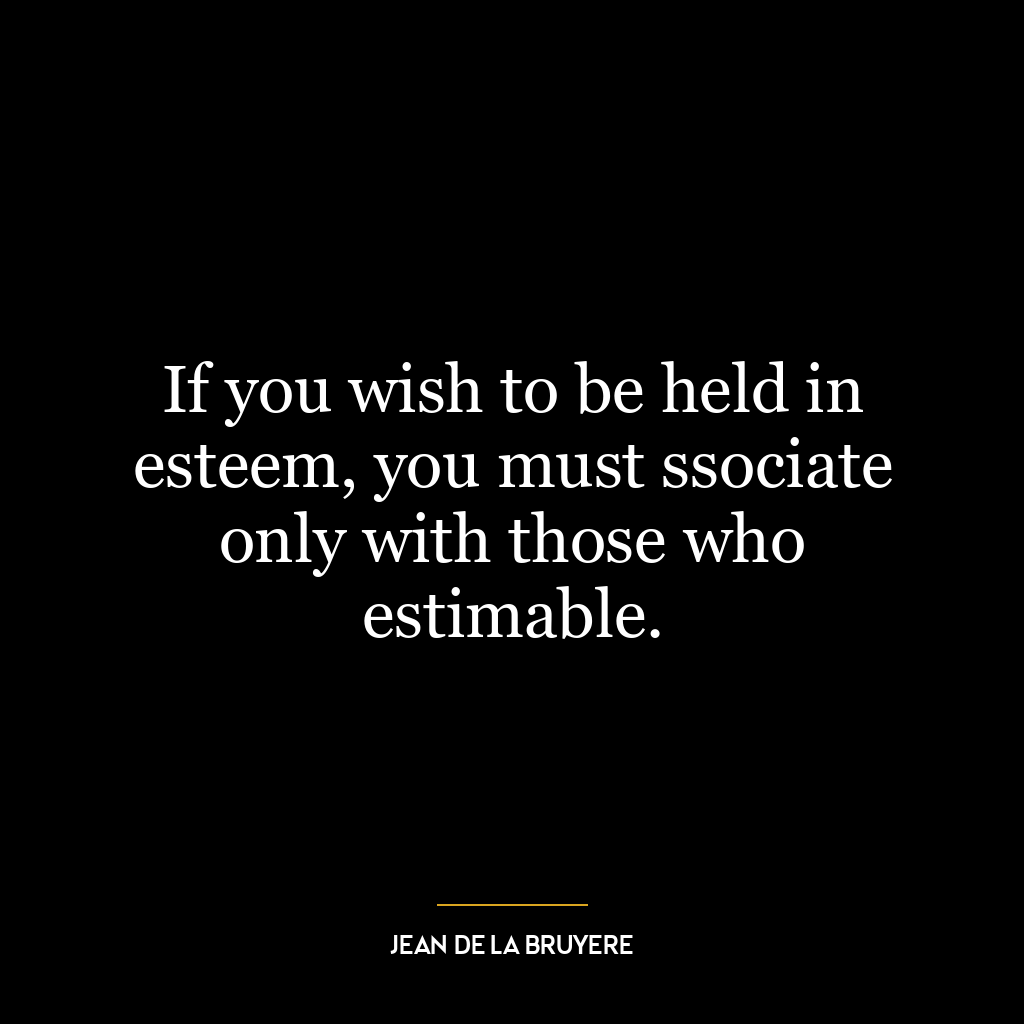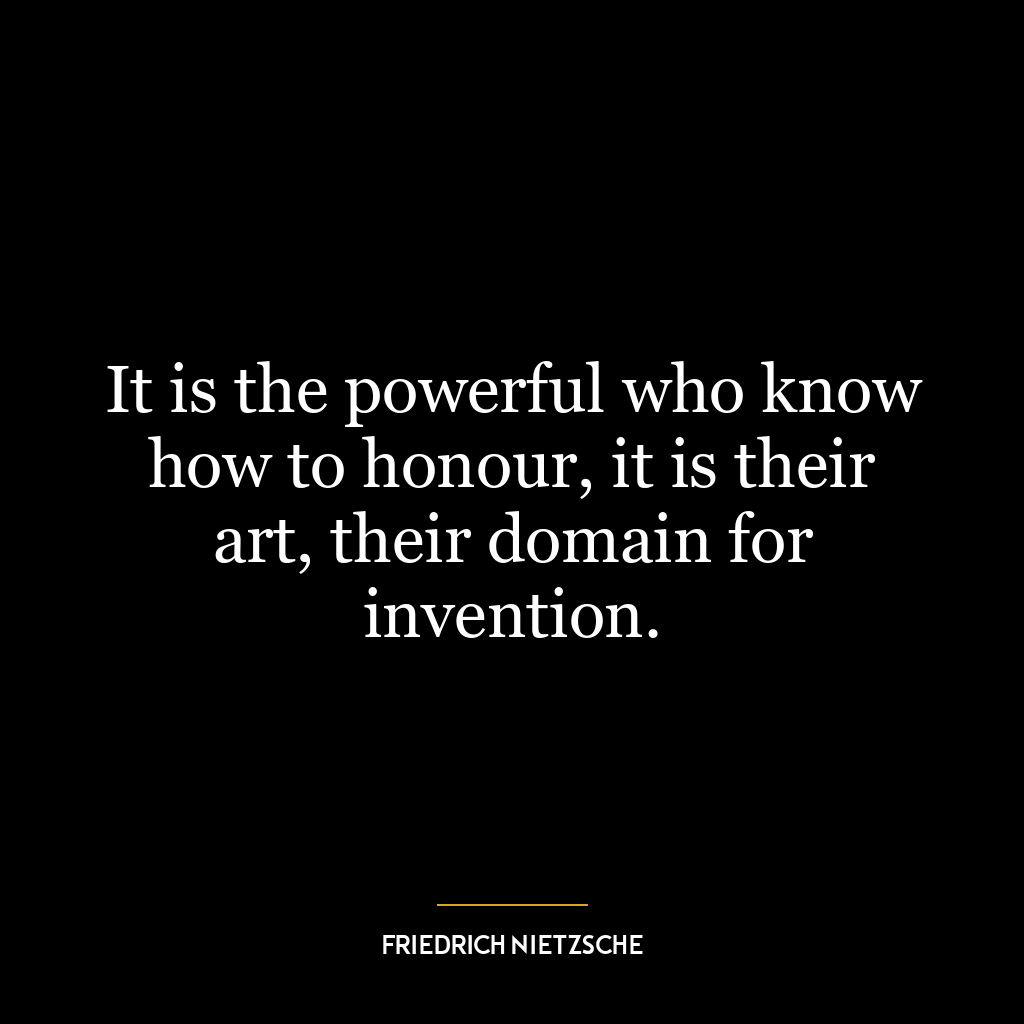It is not the oath that makes us believe the man, but the man the oath.
This quote suggests that the credibility of a person’s promise or commitment (the oath) is not determined by the words themselves, but by the character and integrity of the person making the promise. In other words, the trustworthiness of an individual is what gives weight to their words, not the other way around.
This perspective challenges the common belief that the solemnity or formality of an oath automatically confers legitimacy or sincerity. Instead, it emphasizes the importance of personal integrity and character. The quote suggests that words, no matter how formal or solemn, are empty if the person uttering them is not trustworthy.
Applying this idea to today’s world, it could be seen as a critique of empty rhetoric and false promises often seen in politics, business, or even personal relationships. It underscores the importance of critically evaluating the character and actions of those who make promises or commitments, rather than blindly trusting their words.
In terms of personal development, this quote could serve as a reminder to focus on building and maintaining personal integrity. It suggests that to be truly trustworthy and respected, one must strive to be a person of good character, rather than relying on empty words or formalities. It also encourages us to be discerning in who we trust, reminding us to look beyond words to a person’s actions and character.

